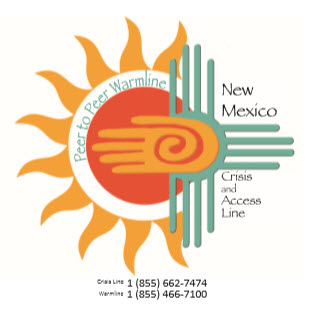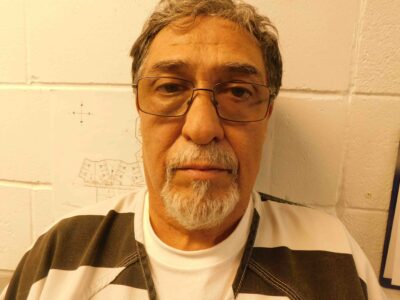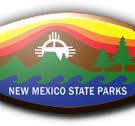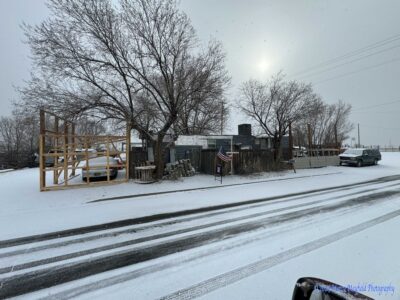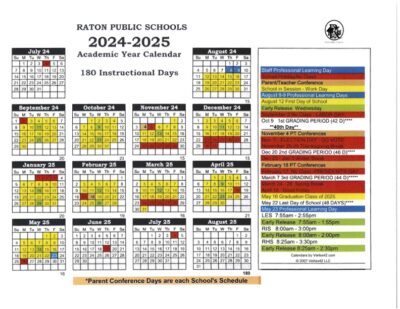FOR IMMEDIATE RELEASE
Date June 25, 2019
NEW MEXICO CRISIS AND ACCESS LINE EXPANDING CALL CENTER FOR WRAP-AROUND CRISIS AND PRE-CRISIS BEHAVIORAL HEALTH SERVICES
Calls have increased 48 percent in two years.
Albuquerque____New Mexico Crisis and Access Line (NMCAL) is expanding and moving to a larger space to meet increasing demand for wrap-around crisis and pre-crisis behavioral health services in New Mexico.
Calls to NMCAL have nearly doubled (increased 48 percent) since 2016 and Helplines nationwide have been experiencing an increase in calls for the last several years. This increased call volume is attributed to: a rise in suicide rates; society openly talking about mental health; media campaigns increasing awareness on resources, recovery, and resiliency; communities striving to reduce stigmas about mental health; and people promoting resources where support can be found. Staffing has increased from three employees to thirty-three employees in six years.
Staffed by mental health professionals who can respond to both crisis and non-crisis mental health and substance use concerns 24 hours a day, 7 days per week, NMCAL is available statewide and toll free. Since it began operation in 2013, the call center has received nearly 177,072 calls and nearly 1,000 text messages.
NMCAL helps New Mexicans locate the help, services, and support they need for mental health crises such as suicidal thoughts, anxiety, depression, substance abuse, and others. New Mexico’s suicide rate is has consistently been more than fifty percent higher than the U.S. rate.
Under-served populations in all counties are being reached, including sixty two percent of callers not enrolled in behavioral health services and sixty-three percent of callers who have Medicaid or no insurance.
NMCAL coordinates with state, county, city, and local social service agencies, community associations and coalitions, schools, healthcare facilities and emergency rooms, public safety and correctional facilities, as well as fire, EMT and law enforcement. NMCAL also fills the gap for New Mexican’s in rural frontier areas who lack proximity to behavioral health care.
“We are proud to provide a centralized, statewide call center with a single access point that is connected and integrated with local authorities and behavioral health agencies so that callers won’t go un-helped”, said Wendy Linebrink-Allison, NMCAL Program Manager. “Expanding our call center allows us to meet current demand and prepares us to meet future demand, including introducing new opportunities to better reach all New Mexicans.”
In 2014 NMCAL joined the National Suicide Prevention Lifeline network to provide local resources to New Mexicans reaching out for support. NMCAL also began answering the intercom calls on the Rio Grande Gorge Bridge for those contemplating suicide, and started offering Mental Health First Aid Trainings to teach people how to respond to signs of mental illnesses and substance use disorders.
A Peer-to-Peer Warmline launched in 2015 with certified peer support specialists, providing confidential non-crisis support. Since 2017, the Warmline includes texting services to reach more New Mexicans.
To call, and for more information:
New Mexico Crisis and Access Line 1-855-NMCRISIS (1- 855-662-7474)
Peer to Peer Warmline Call or Textline 1-855-4NM-7100 (1-855-466-7100)
###
We are Here to Hear You
Free
Anonymous and Confidential
Know the signs.
If you or a loved one are exhibiting any of the following behaviors, it is important to get help as quickly as you can. It may be the sign of an acute crisis.
Threatening to, or talking about wanting to, hurt or kill oneself
Seeking access to firearms, available pills, or other means to kill oneself
Talking or writing about death, dying, or suicide, when these actions are out of the ordinary for the person
Talking about feeling hopeless, helpless, or worthless
Displaying rage, uncontrolled anger, or seeking revenge
Acting reckless or engaging in risky activities, seemingly without thinking
Saying he or she feels trapped like there’s no way out
Increasing alcohol or drug use, substance use, gambling, or other addiction
Withdrawing from friends, family, and society
Demonstrating anxiety, agitation, and insomnia (or sleeping all the time)
— Call the Crisis Line 24 hours a day, 7 days a week, 365 days a year
1-855-NMCRISIS (1-855-662-7474)
— Call the Peer to Peer Warmline from 3:30p – 11:30p MT everyday
1-855-4NM-7100 (1-855-466-7100)
— Text the Peer to Peer Warmline from 6:00p – 11:00p MT everyday
1-855-4NM-7100 (1-855-466-7100)
— TTYL Access available by calling 1-855-227-5485
Public Awareness Campaign
Wendy Linebrink-Allison, MSW, MBA, NCPSS
New Mexico Program Manager
p: 505-263-9140
e: wendy.linebrink-allison@nmcrisisline.com
a: 7850 Jefferson St NE, #100; Albuquerque, NM 87109
w: http://www.nmcrisisline.com/

